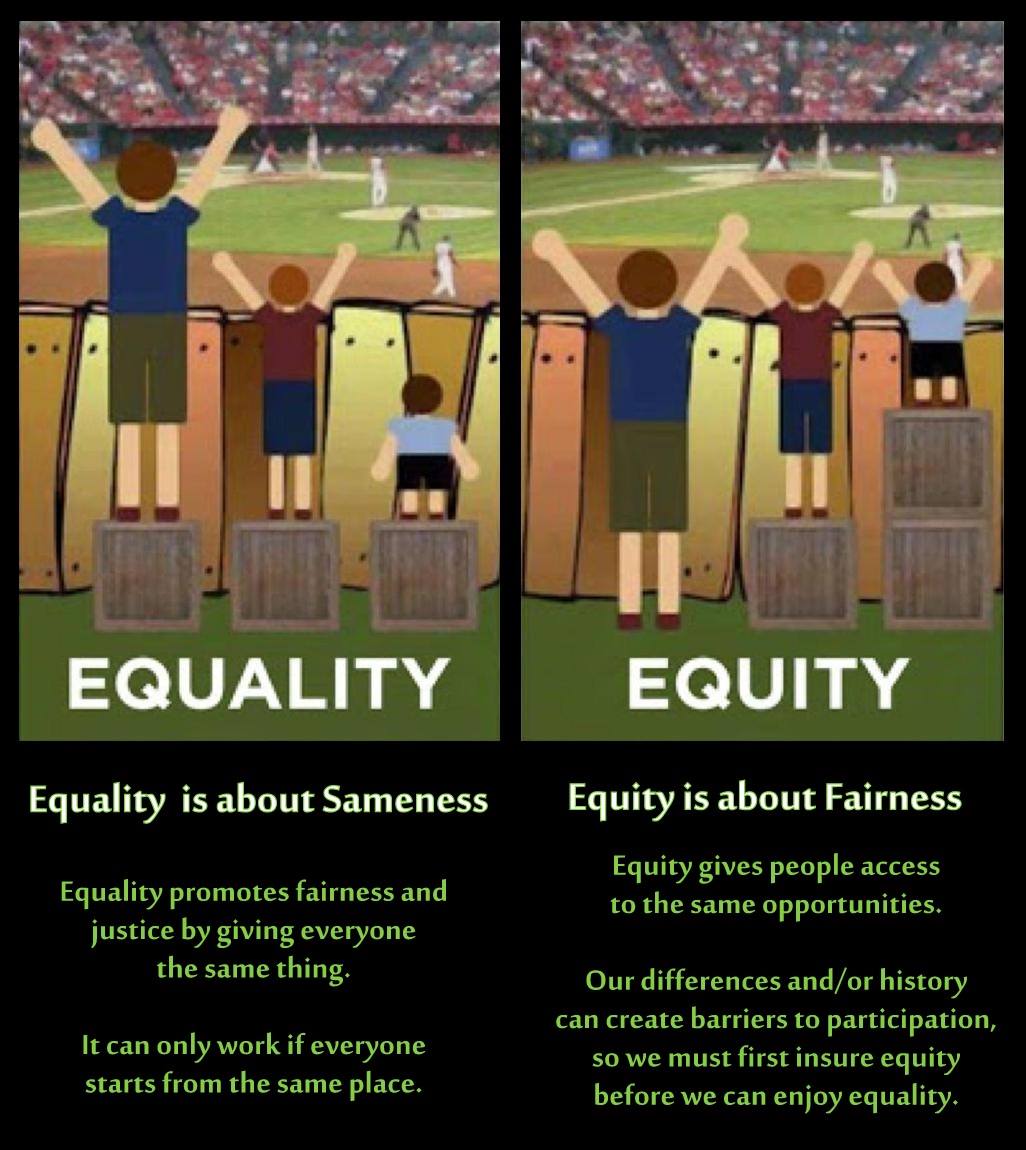I recently came across in a Bible reading one of the most potentially abhorrent and unfair passages in scripture - Matthew 20. It is where Jesus talks about the Kingdom of God being where the first will be last and last will be first - He ultimately treats people unequally.
But is it really unfair?
The story is about a master who goes out in the morning and hires workers for a day's wage. However, the master continuously goes back to the market and hires people to work for him that same day. The master even goes out in the late afternoon to hire more people (who were standing around looking for work). At the end of the day, the master pays all his workers the same day's wage that he agreed upon with the workers he hired in the morning. The morning workers were upset that they didn't get paid more than those who arrived at the end of the day (naturally). The master simply replied that he was able to do with his money as he pleased and that no agreement was broken between him and the morning workers. The master merely decided to pay the late-comers the same as the morning workers out of generosity.
So what is Jesus trying to say that the kingdom of God is like?
This passage could be seen differently by capitalists (who generally look out for equality) and socialists (who look out for equity). From a capitalist perspective, Jesus emphasised the freedom of choice that the master had with his money. The master didn't need to pay anyone more and is free to run his business as he pleases. On the other hand, from a socialist perspective, Jesus may be telling us something more about the Kingdom of God. He may be saying that the master is free to use his money as he wishes, yet advocating a mindset or value system more in line with socialist ideas of equity.
The story suggests that there was not enough work for people in the market place, and the master who was able to supply a living wage to these people also felt compelled to do so out of grace. The master chose to endorse more equitable values in order to produce equality among workers. In the West we tend to celebrate "freedom" of choice (along with economic freedom) to decide our own future and make our own paths. However, Jesus here seems to be talking about a Kingdom where our economic wealth and "freedom" is used to put in place means by which those with less can have more and likewise also be free from poverty.
Thus equity is necessary to bring about equality, and necessary to treat the first last and the last first - A Kingdom where concern for the well being of others makes the world go around.
How do you think the Kingdom of God is pictured from this passage?
